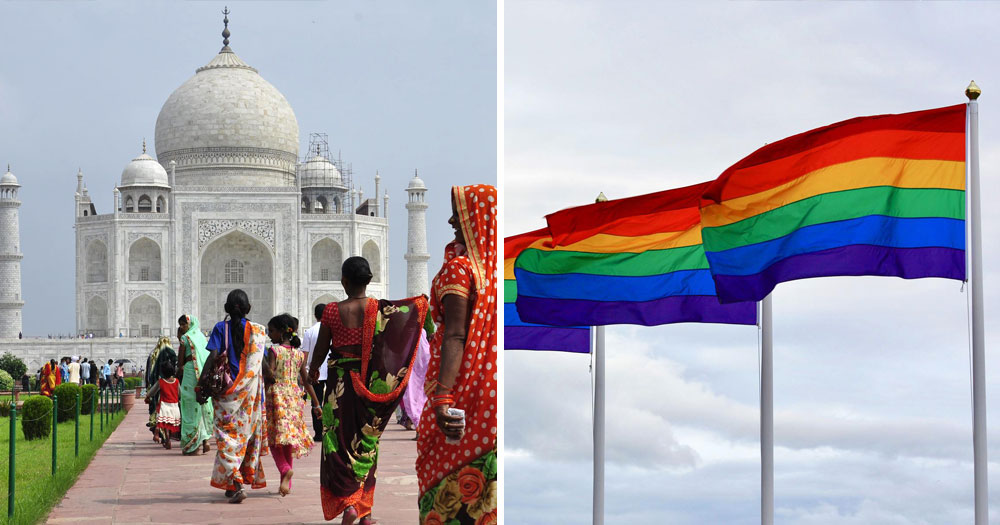History has been made in India as the Supreme Court ruled that LGBTQ+ families are entitled to social benefits equal to “traditional” families.
This landmark decision grants legal protection to LGBTQ+ families and was ruled into existence by justices DY Chandrachud and AS Bopanna on August 28. These social benefits also extend to other “non-traditional” families in India, including single parents, stepparents and adoptive families.
“[The law] must not be relied upon to disadvantage families which are different from traditional ones,” the justices declared. “Familial relationships may take the form of domestic, unmarried partnerships or queer relationships.”
Familial relationships may take the form of domestic, unmarried partnerships or queer relationships. An “atypical" manifestation of a family unit is as real as its traditional counterpart and deserves protection under the law: The Supreme Court https://t.co/TvpFtrysxZ
— LGBTQ India News (@LgbtqIndia) August 29, 2022
The justice rejected the idea that the “traditional” (i.e. heteronormative) family is the default family structure, saying that this idea “ignores both, the many circumstances which may lead to a change in one’s familial structure, and the fact that many families do not conform to this expectation to begin with.”
“Similarly,” they added, “the guardians and caretakers (who traditionally occupy the roles of the “mother” and the “father”) of children may change with remarriage, adoption, or fostering.”
“Such atypical manifestations of the family unit are equally deserving not only of protection under the law but also of the benefits available under social welfare legislation.”
Do you live with your partner but are not married? Do you and your partner identify as queer? Well, you can call them your family now. Watch to know more.#LiveInrelationship #LGBTQ #SupremeCourt #Love #NewsMo | @nabilajamal_ pic.twitter.com/McAGaLJYHl
— IndiaToday (@IndiaToday) August 30, 2022
Although this ruling is a massive win for LGBTQ+ rights in India, it actually stems from a case in which a mother sought maternity leave after the birth of her first biological child. This benefit was denied, according to the Hindustan Times, as she had previously been granted this designated time off to care for her adopted child (her husband’s child from a previous marriage).
This week’s historic ruling is all the more welcome and impressive considering only four years ago, sex between consenting gay men was still a criminal offence in India. Prior to the overturning of Section 377 of the penal code by the country’s Supreme Court in 2018, those convicted could face up to ten years’ imprisonment.
Bearing in mind the recent history of LGBTQ+ rights in India, the awarding of social benefits to queer families comes as a surprising but remarkable win for our community.
© 2022 GCN (Gay Community News). All rights reserved.
Support GCN
GCN is a free, vital resource for Ireland’s LGBTQ+ community since 1988.
GCN is a trading name of National LGBT Federation CLG, a registered charity - Charity Number: 20034580.
GCN relies on the generous support of the community and allies to sustain the crucial work that we do. Producing GCN is costly, and, in an industry which has been hugely impacted by rising costs, we need your support to help sustain and grow this vital resource.
Supporting GCN for as little as €1.99 per month will help us continue our work as Ireland’s free, independent LGBTQ+ media.
